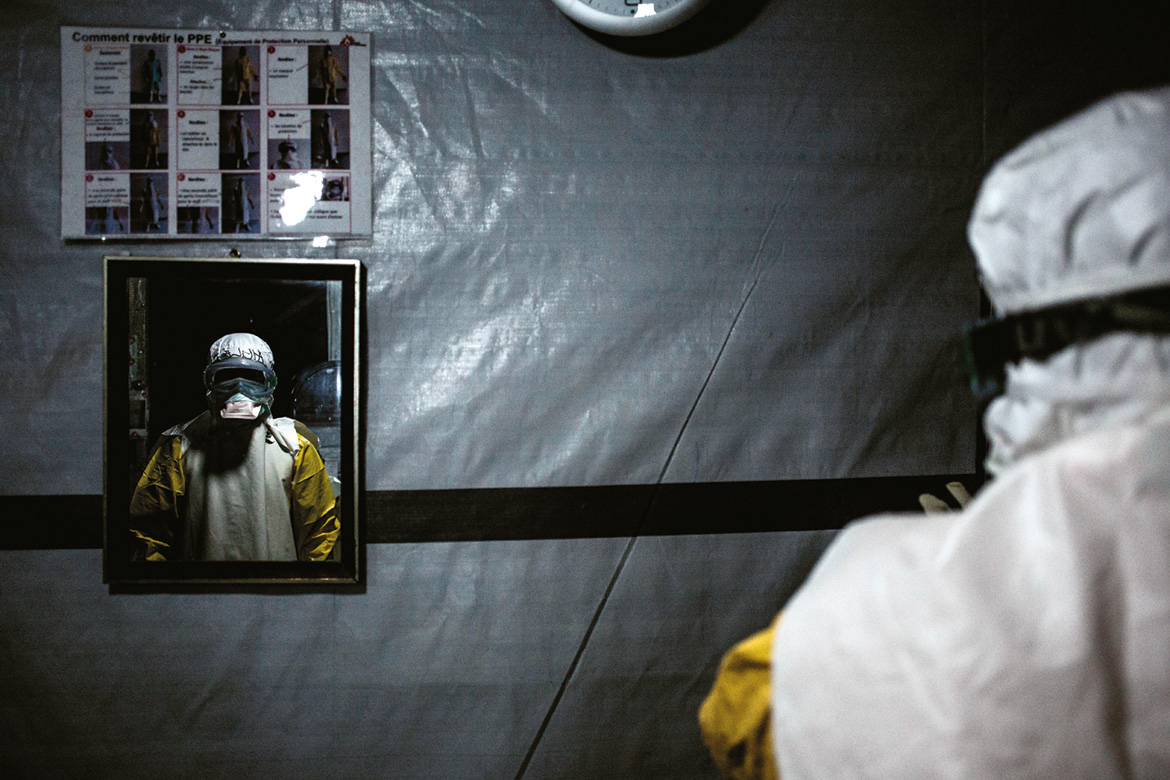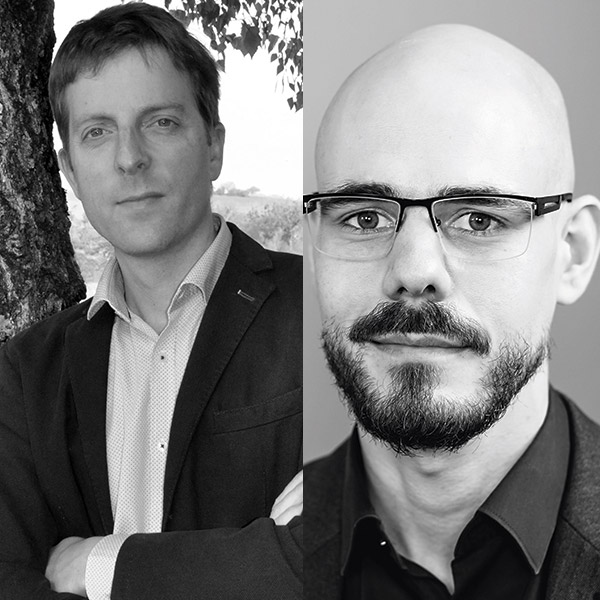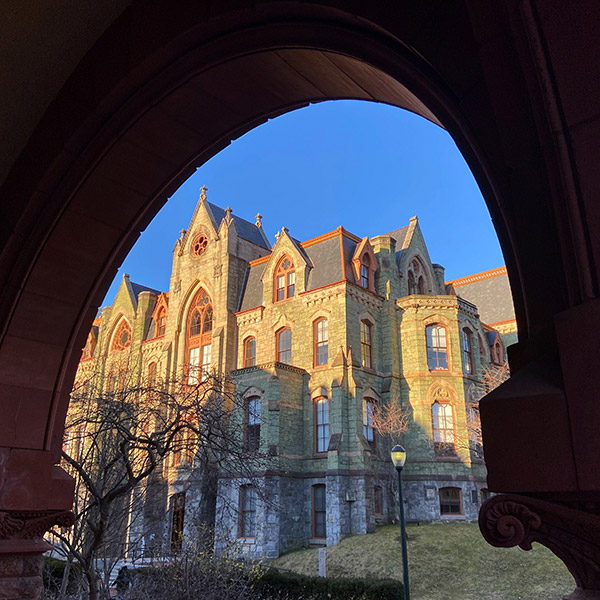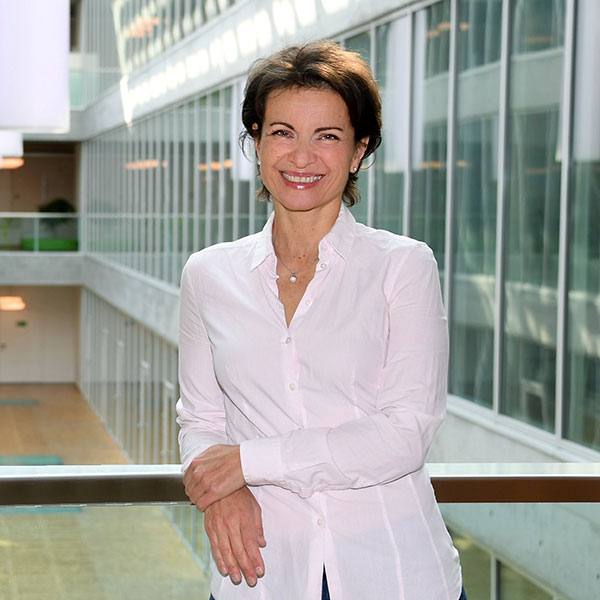Feature: Research in crisis zones
Good research is risky
Is it reckless to do research in conflict zones? Perhaps. But good science doesn’t exist without taking risks.

Good research is dangerous | Image: John Wessels/AFP/Getty Images
In 1984 the Australian doctor Barry Marshall drank a culture containing Helicobacter pylori and healed himself with antibiotics. This enabled him to provide important proof that gastric ulcers are caused by bacteria, not by stress or spicy food. Twenty years later, he was awarded the Nobel Prize for his discovery.
Perhaps it’s unnecessary to take on so much risk for the advancement of one’s own research (and in hopes of getting famous). Maybe it’s even unjustifiable. Understandably, universities hesitate to support such behaviour. They employ these researchers, it is their job to prevent any injury to them, and their own reputation is also on the line.
But science is there to break down boundaries, and that won’t happen without taking risks. Because no one knows in advance just what exists beyond those boundaries – otherwise there would be no new research questions. You can come up against opposition from colleagues even just by questioning a conventional theory, let alone actually disproving it altogether. Such cases can culminate in ostracism, and they have cost many young researchers their careers.
If you want to understand the origins of conflict and find new solutions, you cannot simply sit in your comfy chair and chew over everything we already know. Researchers who take risks can bring home valuable, first-hand information – whether they’re meeting armed groups in rebel zones, or interviewing opposing fans in a football stadium. These researchers aren’t just relying on isolated facts. They go out into the field, where their gut feeling can provide a vital context for the facts they discover. And we owe our thanks to courageous researchers like them.




